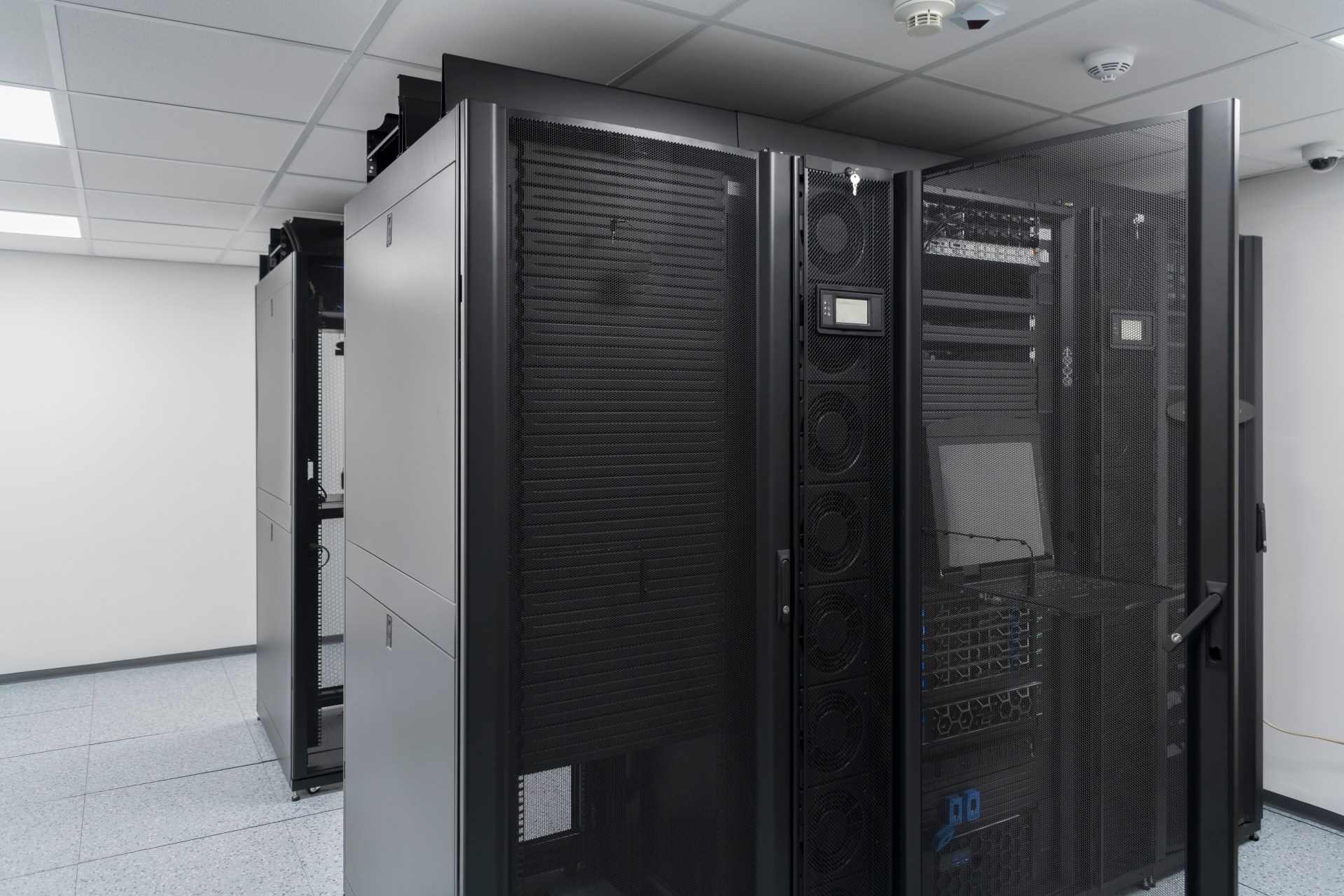As we step further into a more technologically advanced society, businesses are looking for more strategic ways to keep up to date with the IT landscape. To do that, they are in need of more digital space. We’ve all heard the phrase, “It’s in the cloud,” when it comes to storage. Whether that be photos, video games, or vital documents, the cloud has become a comfort of reliability. For businesses, however, a new type of cloud service has been taking shape and gaining traction over the last several years.
The Rise of Bare Metal Cloud
Essentially, a bare metal cloud is a service where customers use a remote provider for all their online data storage needs. This frees up the company from having to accumulate any new hardware or from finding room in which to place it. Traditionally, cloud storage was one where many computers were connected through one server. That doesn’t seem unreasonable, but it’s all fun and games until it takes forever to load a file.
A difference between other cloud options and bare metal cloud is loyalty. By loyalty, we mean a dedicated server. Not having to share with everyone means cutting out lag and improving the working interface overall. Not only does that make a bare metal cloud cost-effective, but it also opens the door to a company’s scalability.
Advantages of Choosing a Bare Metal Cloud
Performance
They say sharing is caring, but anyone who has had to share a cloud might not agree. Having access to a server dedicated to one company means the fastest processing speeds. This is a great benefit when working with aspects such as high-performance databases. Traditional cloud services can make it impossible to implement such heavy resources for third parties, but bare metal cloud would have no qualms.
Security
In addition to being super fast, bare metal cloud really packs in the security. That can also be attributed to having a dedicated server. There’s less of a risk that anyone else will stumble, purposefully or not, into your part of a hard drive. Organizations like hospitals and banks are migrating to this system for exactly that reason.
Customization
Having a server of your own is nice, but is it really yours if you can’t customize it? Bare metal cloud gives users a plethora of options when it comes to configuring for individual needs. To start with, an administrator can play around with settings for things like the processor, memory, and networking components. Nothing is set in stone, either. Users can always revisit the settings at any time and make changes.
Compliance
Depending on what industry is being represented, there might be plenty of regulations for a company to follow. This type of cloud coverage keeps control with the company and not the providers of the service. No longer will there be a worry about data protection or if everything is compliant.
Cost
Sure, at first glance, using bare metal cloud is more expensive than traditional shared servers. Something many may not know about those types of cloud services, though, is that the costs can vary depending on the market. Bare metal cloud is more reliable because there is no outside demand. The cloud being used belongs only to that company, which means competition is eliminated. No unexpected budget spikes, along with no surprise issues internally, make planning for the future easier.
Bare Metal Cloud Use Cases
High-Performance Computing (HPC)
As mentioned, anything high-performance is going to have better luck in this kind of interface. Swift and accurate computing power is needed in a variety of industries, such as science and engineering. Complex simulations often need to be used heavily and trustworthy. Bare metal clouds provide the space to process an overwhelming amount of info at your fingertips.
Big Data and Analytics
Not only do companies want to do big things, but they want to understand how well or not those things are progressing. Big data and analytics give users a deep insight into what’s going on behind the scenes. There is no such thing as too large a dataset for this type of infrastructure to handle.
Content Delivery Networks (CDNs)
CDNs need to be able to put out content while simultaneously keeping subscribers from having issues. Thanks to the dedicated server, this is not a problem. CDNs need consistency and that’s what bare metal cloud can provide.
Gaming
Online gaming platforms require low-latency, high-performance servers for a smooth gaming experience. Bare metal cloud is well-suited for this use case, allowing gaming companies to provide an immersive experience for all players.
Database Management
Not only is bare metal cloud an advantageous place for storage, but it’s also just as helpful when it comes to management. Everything can be accessed in the snap of a finger and shared internally. Any adjustments will take place in real-time, providing peace of mind.
Related Resources:
What Is Bare Metal As A Service?
Bare Metal vs VM – What You Should Consider




